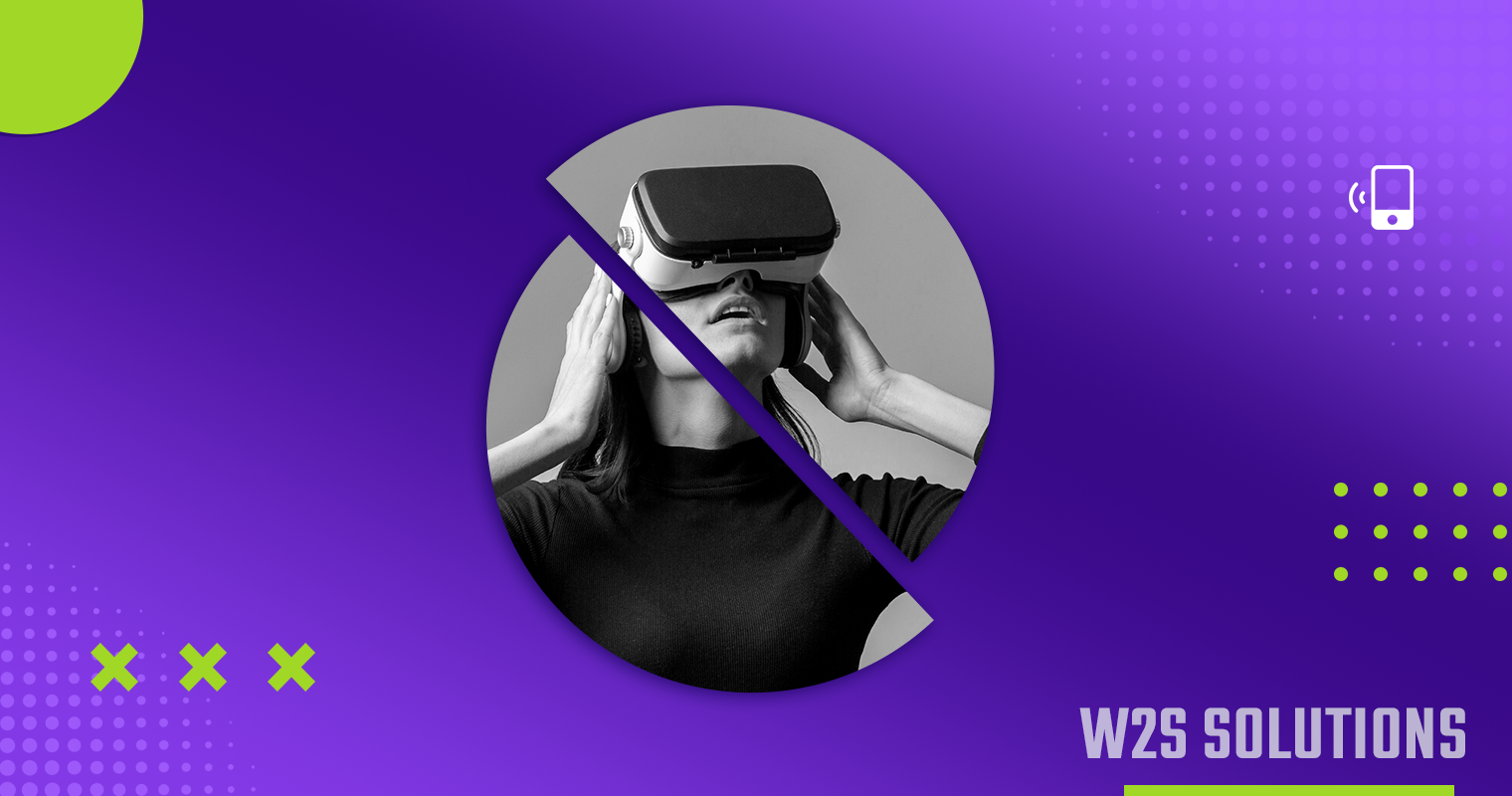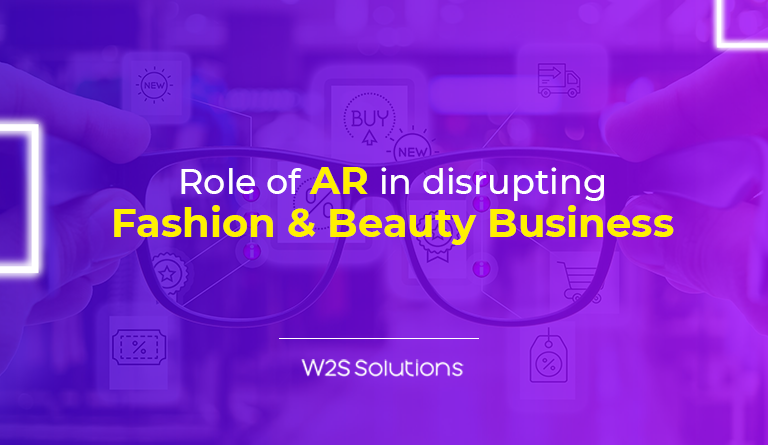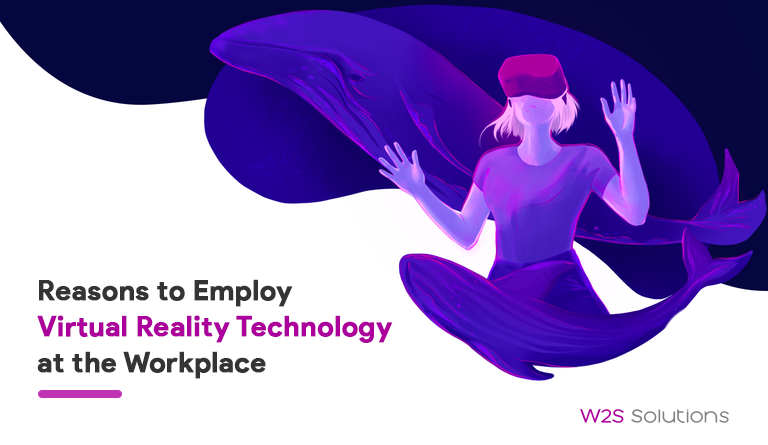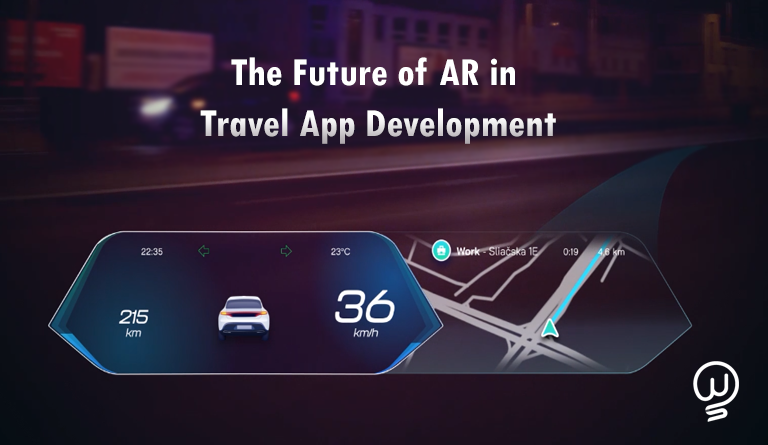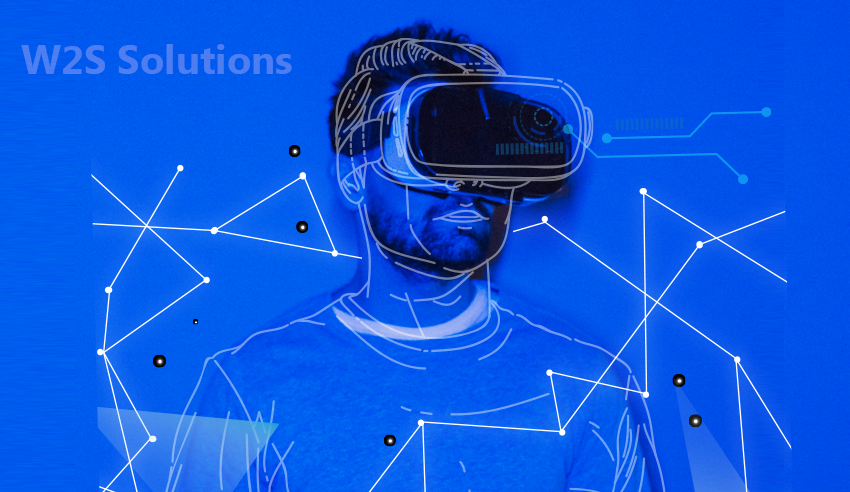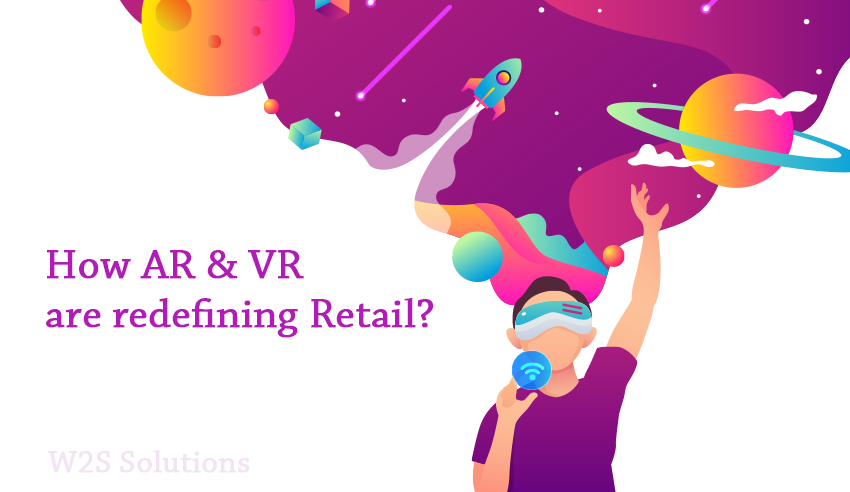Virtual reality has been around for a while. However, it hasn’t been a very accessible technology until recently. The equipment and software came with high costs, so it was only used by organizations that could afford it.
Now that the costs have come down, VR is more accessible to more organizations. This is leading to rapid growth for the industry. As of 2020, the global market for VR was $17.25 billion. Looking ahead to 2026, the market is forecast to grow to $184.66 billion.
Much of this growth is the result of VR expanding beyond entertainment and into the broader business world. Businesses can now use a VR app to hold remote meetings or for engaging with customers in a number of ways. While the adoption of VR for business is still relatively new, it is a technology that will change the way businesses operate in the future.
Mobile App Development

Mobile apps have become essential for many businesses. Almost 92% of the time is spent on mobile applications while using a mobile phone. More businesses are building apps because they offer a way for businesses to put a point of connection in the consumer’s pocket. Through a branded mobile app, companies can offer a convenient way to buy products, deliver branded content, offer convenient support and more.
While conventional mobile apps have been useful, brands always need to look for ways to make their mobile apps stand out and offer better services to consumers. In the future, many businesses will find the development of VR mobile apps as one of the solutions to reach more customers and offer a more engaging experience. Some mobile app development companies dial this up a notch!
Virtual Reality in the Travel Industry
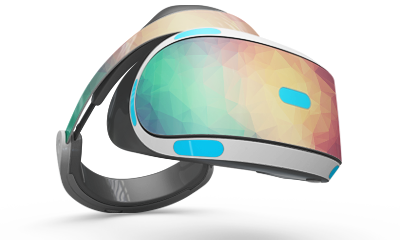
From the accommodations to attractions, the travel industry is all about the experience they can offer consumers. Businesses in the travel industry need to find ways to showcase these experiences so they can sell them to consumers. Until now, the best ways to do that involved options like written descriptions, pictures, and videos. With VR becoming more accessible, this is going to change.
Travelers can only tell so much about a hotel room by reading the description and looking at pictures. With a VR virtual tour, a traveler would be able to walk the room using a VR headset. This could be done online from the customer’s home or travel businesses could offer the experience at the offices of travel agents.
Virtual reality could also be used to sell consumers a destination. A city’s tourism department could use virtual tours to attract people to the city as a travel destination. Maybe the city has fantastic parks, museums or natural wonders. Creating VR tours of these locations could be a way to get more people traveling to the city. Some tech startups offer unparalleled VR app development that can elevate the whole game.
Read Also – How AR Technology Will Drive Travel App Development In The Future?
VR in Retail

The frequency of retail industries moving to the online space is recently increasing. Instead of browsing through a physical store, consumers are increasingly heading to e-commerce websites to meet their shopping demands. However, the lack of ability to see the product and try it before you buy has been a hurdle for some consumers and for some types of purchases.
This is why online retail is one sector that seems to hold a lot of promise for adopting VR. Instead of just looking at pictures and reading a description, customers could view and try 3D models of products before they buy. This would be more engaging and it could also help consumers feel more confident in online purchases before they make a decision.
VR for Construction
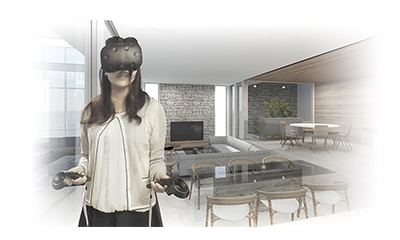
The construction industry could benefit from VR in a number of ways. VR models could enhance the design process for buildings. Construction businesses could also develop programs that allow them to offer custom tours of projects before they even start building.
One way would be in the design process. Instead of building models to represent construction projects, VR could be used to build virtual models. This could be great for getting a realistic idea of what a project will look like when it is done. VR environments can also be incredibly realistic, so you could also test different performance factors in the VR simulation.
Virtual reality could also help create a more engaging experience for customers. Instead of showing customers images of what a home might look like when it is done, construction companies could build virtual models they can tour. The VR tour could even include features that allow the buyer to see different paint colors, flooring options, furniture, and more.
Read Also – How Mobile Application Development Will Drive the Virtual Reality (VR) Market?
VR for Marketing

Marketers are always looking for new ways to promote businesses. With VR offering an immersive experience that goes far beyond things like pictures and videos, it has a lot of potential to be used for marketing.
VR ads could be one of the first ways businesses use this technology for marketing. Customers obviously would not put a VR headset on just to watch ads, but the ads could be integrated with popular VR experiences.
One example could be VR games or 360 videos that have ads in the experience. There could be a poster that shows a product as a way to integrate ads with the experience. If it is a virtual city, the game could have billboards that feature ads from different businesses.
Another marketing model could be similar to the ad-supported games people currently play on their mobile phones. The game could be free to play and funded by ads. The player could play the game for a while and then they would have to experience a VR ad to continue playing.
Conclusion
These are just a few of the ways VR is going to change the future of business. As you can see, it is great for engaging with customers and for enhancing the services a business provides. As the technology develops and becomes more accessible, businesses will experiment with new ways to use VR. In the future, encountering VR as a business technology will be much more common.
